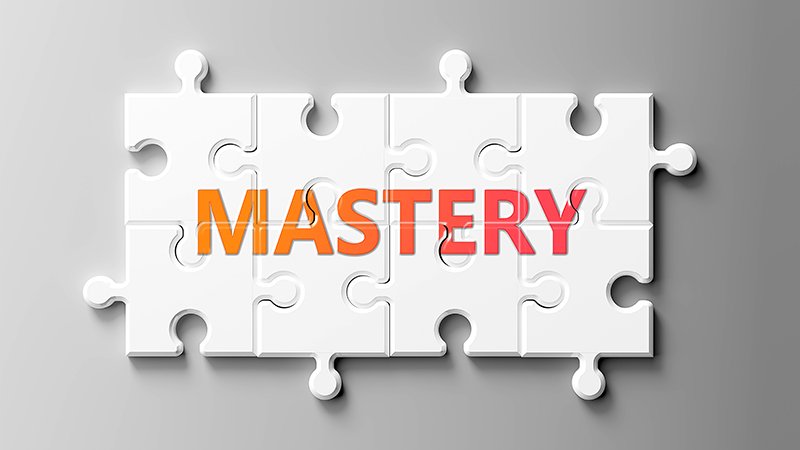Sometimes being an entrepreneur can be really lonely. Mentors can help to open hives of thought that an entrepreneur may not have considered. Mentoring is an age-old practice of transferring knowledge and experience through personal relationships. The benefits of having a business mentor is often overlooked by eager entrepreneurs who want that instant gratification. A mentor can help entrepreneurs learn how to navigate many of the challenges typically faced by social entrepreneurs.
Mentors have been present in all walks of life and all disciplines for thousands of years and a good mentor will teach you how to think, not what to think. Contact me via e-mail if you are looking for a business professional with the experience to provide personalised support, sound business advice and encouragement to help you develop your own abilities and insights.





















